Planning Pays Off: 5 Strategies to Get the Most Out of Your Delivery Speed Choice
April 17, 2025
5 min read
Air vs Surface Cargo: Which Shipping Route Wins for Your Business?
Businesses in the dynamic logistics world constantly decide how best to transport their goods. Two primary contenders often emerge: air cargo and surface cargo. The selection process remains critical, as both options offer different benefits and drawbacks. This article provides a comprehensive breakdown of each shipping approach, including advantages and disadvantages, to guide your freight logistics choices.
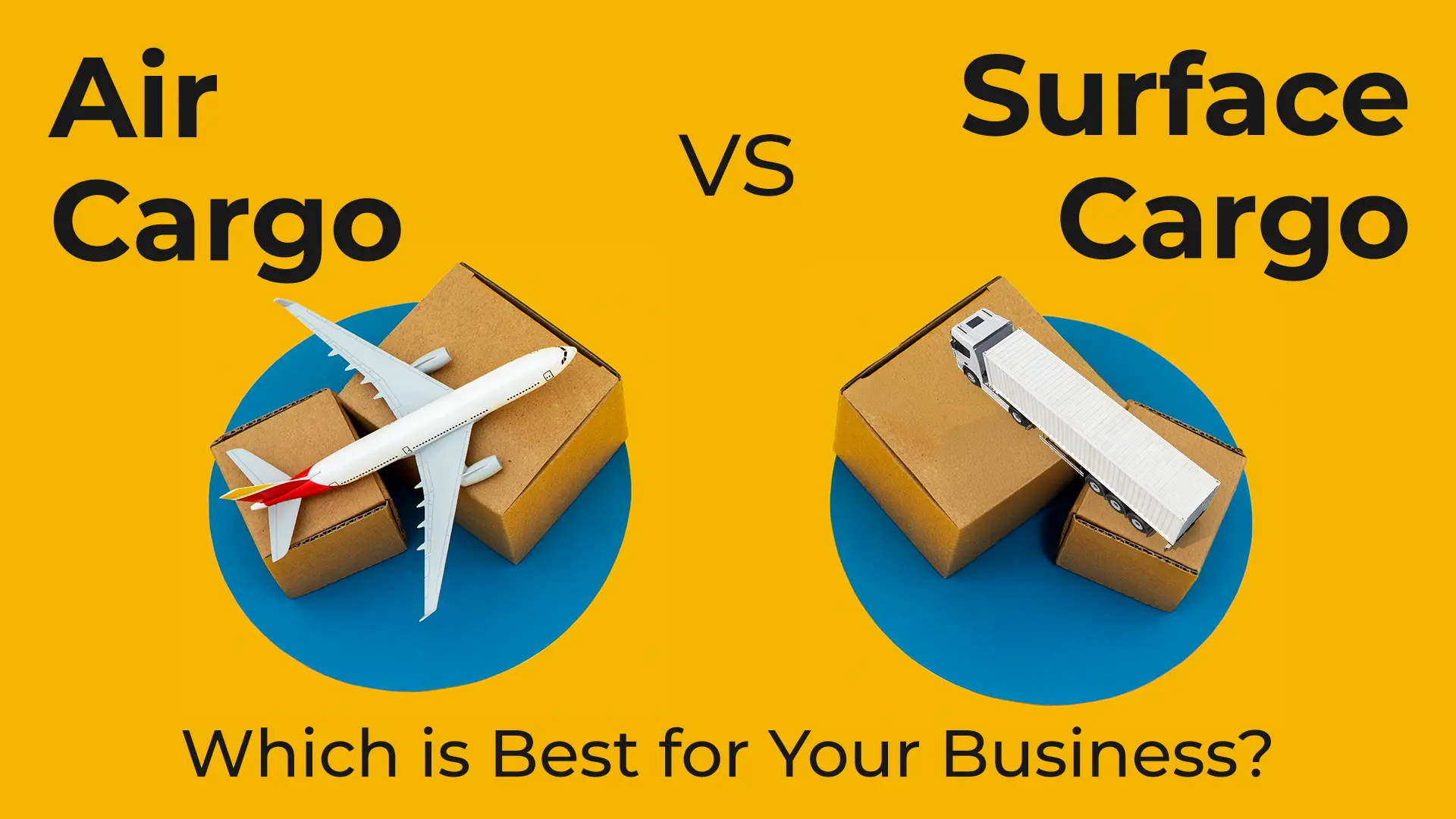
Understanding the Landscape
We must clarify fundamental concepts before conducting comparisons. Air cargo refers to the transportation of goods via aircraft. Land operations using trucks and trains and ocean-based transportation using ships constitute surface cargo. The choice between transportation methods depends on finding an equilibrium between shipping speed, costs, and goods’ characteristics.
Air Cargo Explained
Air cargo’s most significant advantage is undeniably shipping speed. This delivery method outperforms all others during time-sensitive situations. Perishable goods, time-sensitive documents, and high-value items often reach their destinations swiftly via air. According to predictions, the air cargo market will manage 241.70 billion TKM of goods by 2025. This figure demonstrates the rising dependency on air freight for urgent and valuable global shipments.
Advantages of Air Cargo
- Rapid Delivery: Ideal for urgent shipments and time-sensitive products.
- Enhanced Security: Generally offers higher levels of security and tracking.
- Reduced Handling: Less handling can minimize the risk of damage.
- Global Reach: Connects to virtually any location with an airport.
Disadvantages of Air Cargo
- Higher Cost: Air freight is significantly more expensive than surface transport.
- Weather Dependent: Flights can be delayed or cancelled due to weather conditions.
- Limited Capacity: Aircraft have less cargo space compared to ships or trains.
Surface Cargo Explained
Surface logistics involves transporting goods using road vehicles, rail networks, or maritime shipping operations. It is a leading solution for big-scale cargo movements extending across vast distances to accommodate bulk shipments with extended lead times. Businesses often compare surface cargo to identify the most cost-effective shipping solutions for their bulk shipments.
India’s domestic surface express market is projected to surpass $6.5 billion by 2025. It signifies a strong demand for efficient ground-based logistics for e-commerce and businesses nationwide.
Advantages of Surface Cargo
- Cost-Effective: Significantly cheaper than air freight, especially for large shipments.
- High Capacity: Possess the ability to move substantial freight quantities.
- Suitable for Bulk Shipments: Ships and trains make excellent carriers for moving bulk products, including raw materials, manufactured goods, and large equipment.
Disadvantages of Surface Cargo
- Slower Transit Times: Delivery can take days or even weeks.
- Higher Risk of Damage: More handling increases the potential for damage or loss.
- Limited Reach: Surface transport may not reach all remote locations as seamlessly as air.
Shipyaari: Your Partner in Logistics Flexibility
Shipyaari acknowledges that shipping needs differ from situation to situation. It provides the option between air and surface cargo transport services so you can select the best solution for individual shipment needs.
Shipyaari’s Surface Cargo Solutions Are Designed To Optimize B2B Logistics With A Focus On:
- Reliability and Efficiency: Dependable surface courier services ensure smooth and timely transportation of your goods.
- Streamlined Bulk Shipments: Efficient logistics solutions are tailored for handling large and heavy surface cargo.
- Timely Delivery: Prioritizing on-time delivery through optimized routes and processes.
- Real-Time Tracking: Comprehensive tracking and monitoring capabilities provide complete visibility of your shipments.
Shipyaari’s Air B2B & Bulk Shipping Service Offers:
- Fast and Reliable: Expedited air cargo services ensure quick and dependable delivery.
- Global Reach: International cargo services facilitate seamless overseas shipments.
- Customized Solutions: Tailored air freight services cater to diverse shipping requirements.
Choose Shipyaari
The ideal shipping solution depends solely on the unique business requirements since both offer distinct operational benefits. Shipyaari’s flexible partnership model enables businesses to utilize air cargo alongside surface freight services, thus tailoring their supply chain strategy to achieve optimized results.
Shipyaari provides quick air cargo services for emergency deliveries and economical surface transport options for high-volume shipments. Contact our team today to discover our extensive freight logistics solutions to enhance supply chain operations and advance your business goals. Sign up today!
Frequently Asked Questions
Air cargo typically takes 1-3 days for domestic and 2-7 days for international shipments. Surface cargo varies greatly, from a few days for regional trucking to several weeks for sea freight.
Most reliable companies enable thorough shipment monitoring through real-time tracking for their air and surface delivery services. The level of detail may vary.
The specific packaging guidelines depend both on transport methods and the goods. Air cargo imposes strict packaging protocols due to weight and size restrictions.
Contact Shipyaari directly to discuss your needs and receive personalized air and surface cargo options quotes.
Suggested Reads
Hyperlocal Personalization: Tailoring Experiences for Local Customers
Introduction The eCommerce industry in India has witnessed a rapid growth of hyperlocal services in
Continue ReadingDec






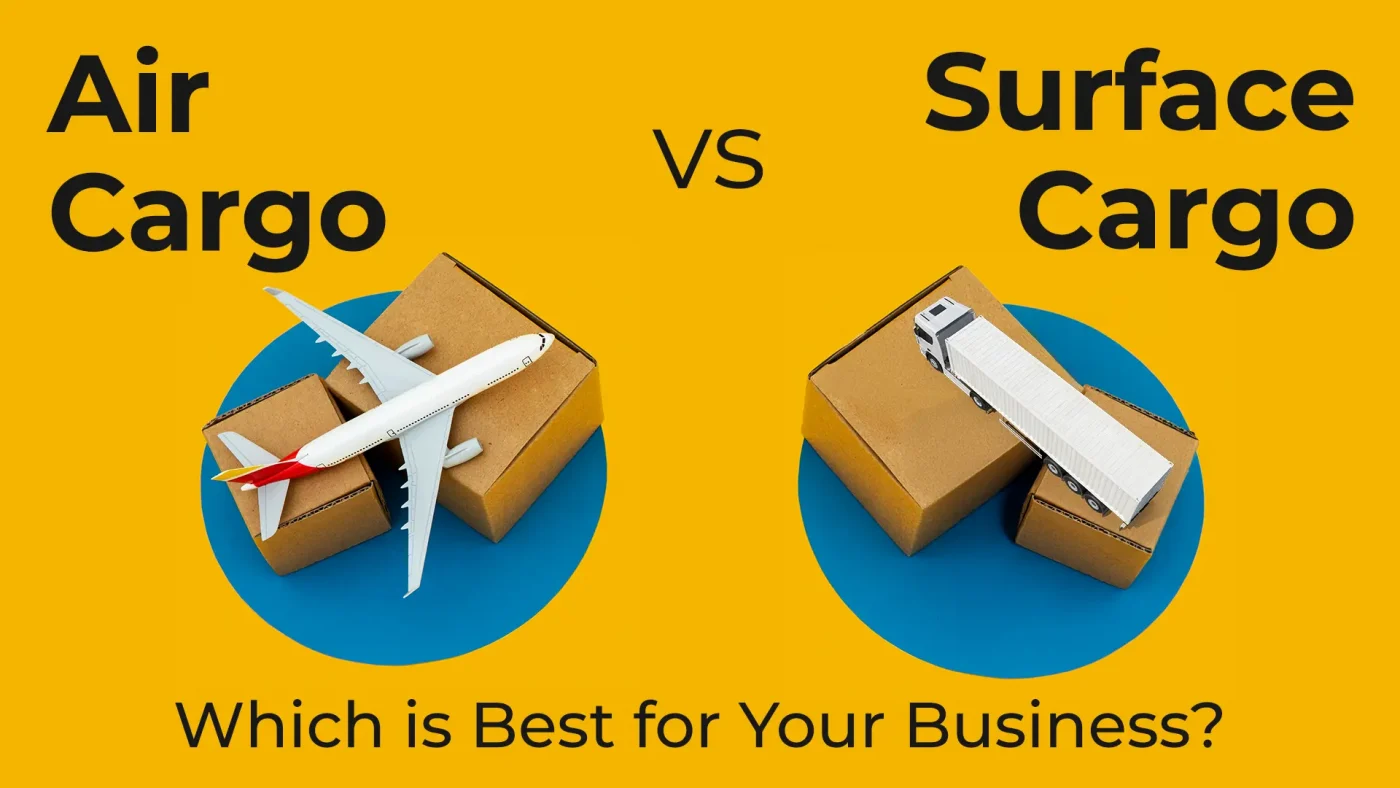



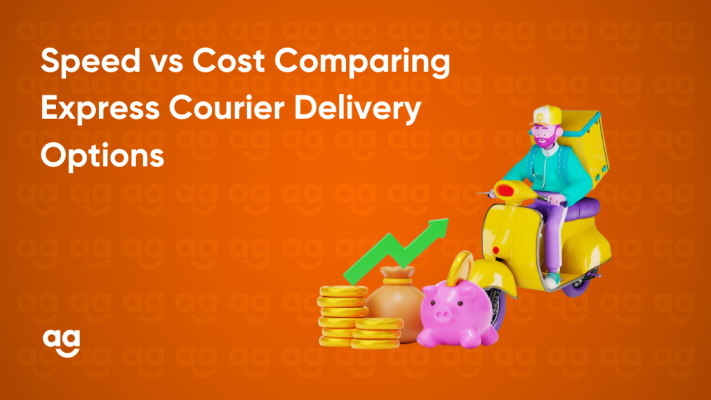


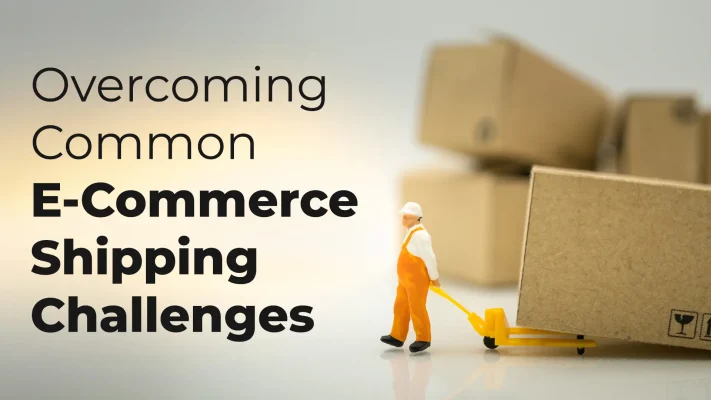
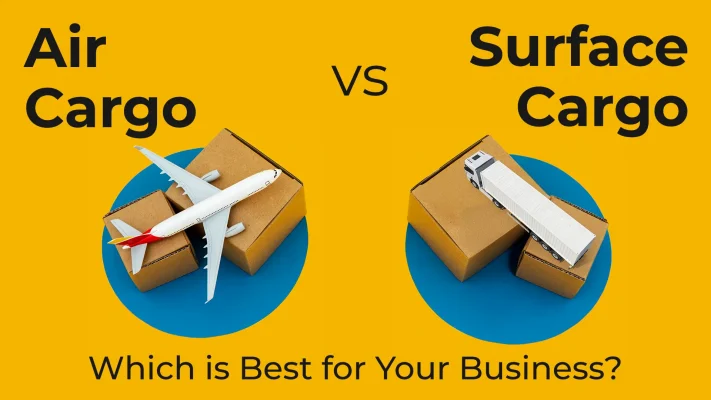

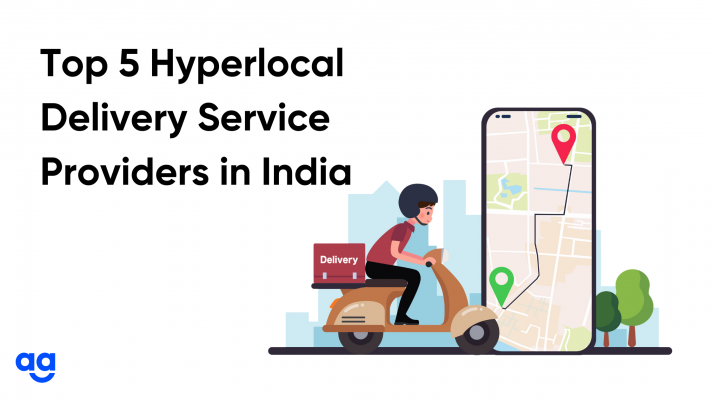
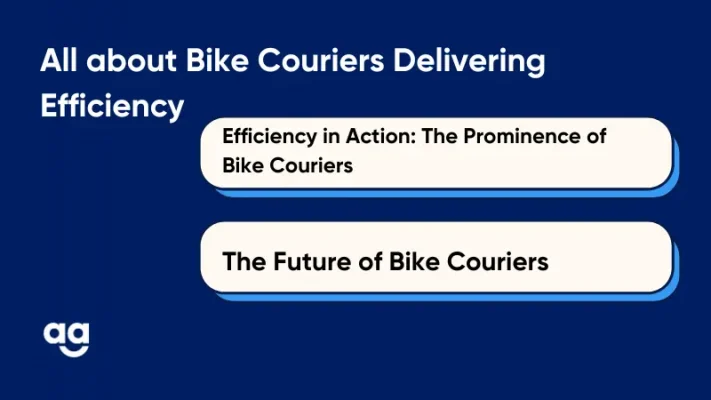
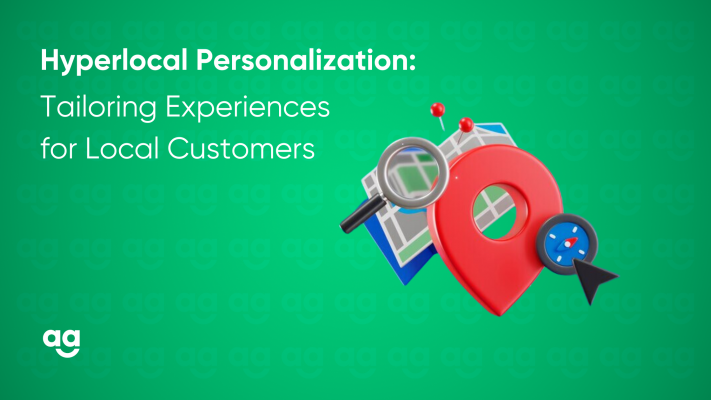
 Shipping
Shipping







